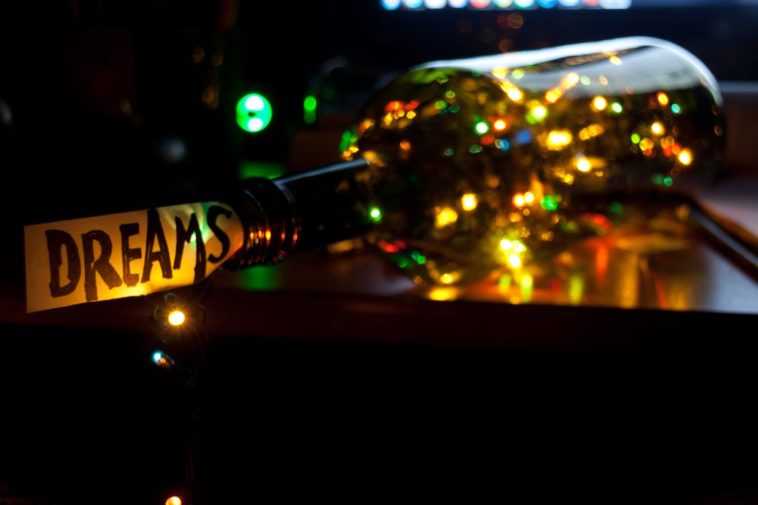In today’s ultra-connected society, electronics have become such an integral part of our lives. But we do not realize how much time we spend looking at the screen each day. The neglect of our attention towards the consumption of screen time has created negative impacts on our sleeping habits. The increasingly popular and heavily used smartphone is something that most of the users cannot live without. On the average adults in U.K. have been reported to spend more time looking at the screen then they do sleeping.
Studies have proved that it is no surprise that today’s youngest generations will no doubt be exposed to the social networks their elders are already linked to. According to the 2017 survey, 70% of the US teens aged between 13 and 18 increasingly use SnapChat. The number is similar to that of UK. Adults in the U.S. are estimated to spend 2-3 hours of their on social networks. The growing trend is having negative impacts on our health and sleep is among the most affected. Social media’s effect on sleep is causing a threat to the mental health.
According to the director of the Center of the Research on Media, Technology, and Health at the University of Pittsburgh, Brian Primack, there is an expected dual fact while considering a connection between social media and depression. The social media is a cause of lessening depression sometimes and can exacerbate it at the sometimes. The increased use of social media increases the likelihood of anxiety and a feeling of social isolation. He says that a person may have a seemingly greater social interaction on social media by being engaged with friends and other contacts. But these people are found to have severe feelings of social isolation. There is a potential for the vicious cycle that makes a more depressed person to use more of the social media.
According to a study carried out among 1,700 young adults in 2017, time of the day when people get engaged on social media networks plays a crucial role in determining its impacts. Sleep is most affected when social media is used before the last 30 minutes of going to bed. The study indicated that the last 30 minutes should be tech-free for getting a good night sleep. When we use the social media before sleeping, the thoughts and feelings come back to haunt us ad reduces the time we actually get a sleep. It engages us in comparing our own life with others and creating anxiety.
Also, the more use of technology deprives us of making a physical activity which could bring a lot of impact on our physical health. Lack of sleep is linked to diabetes, obesity, risky behavior, etc. the deprivation of sleep effects young people the most because it is the time when their bodies are developing. The increased use of technology makes it harder for teens to fall asleep easily. The researchers are not against the total cutback of social media by the young lot, they are focusing on making people understand to reduce their time and adjust the timings properly.
You can easily control the urge of using social media at night. You just need to stay away from your phones or tablets before bed to protect yourself from the negative impacts of sleep deprivation.




